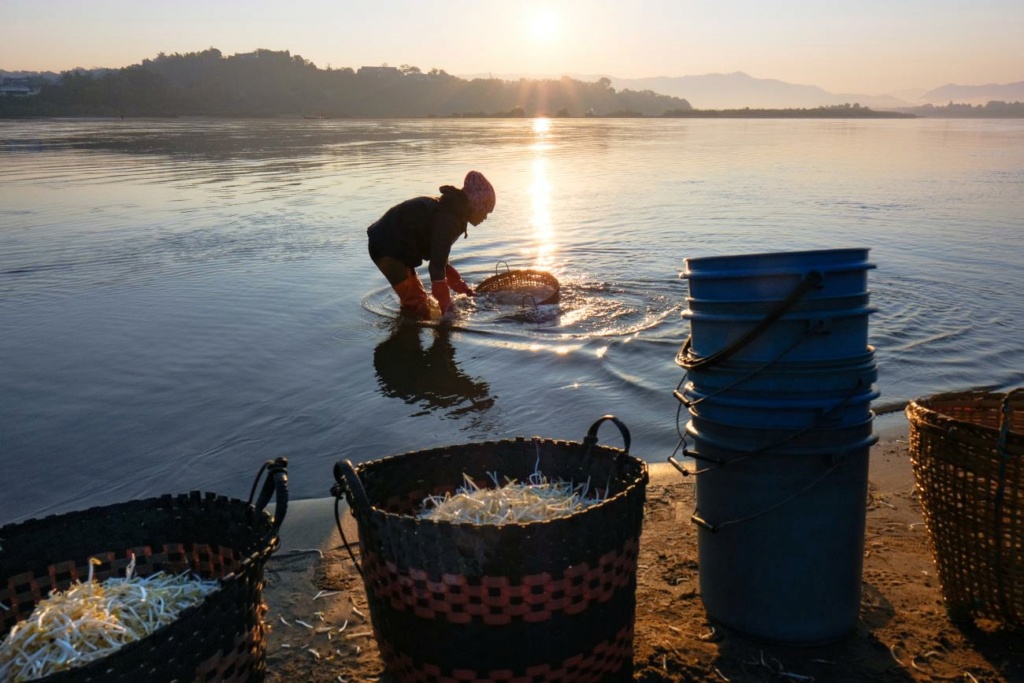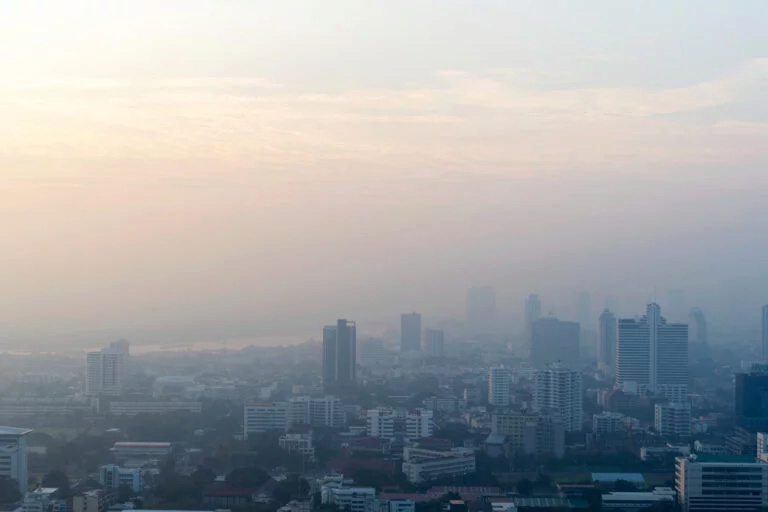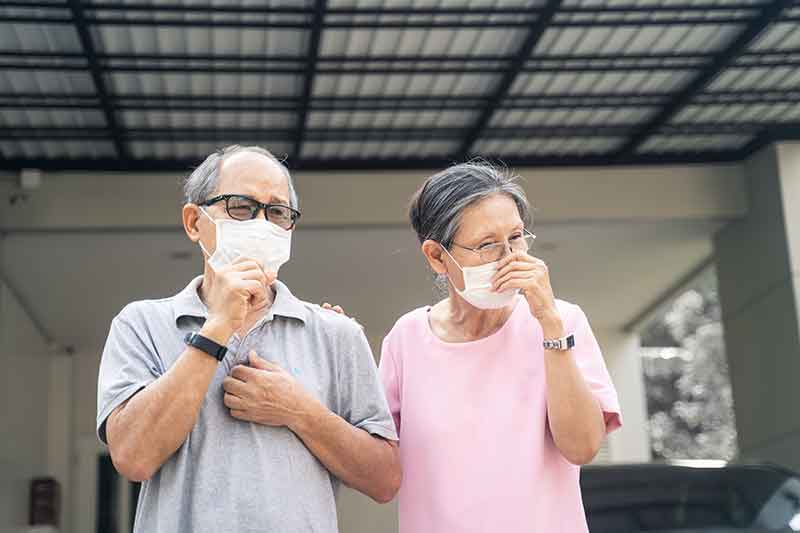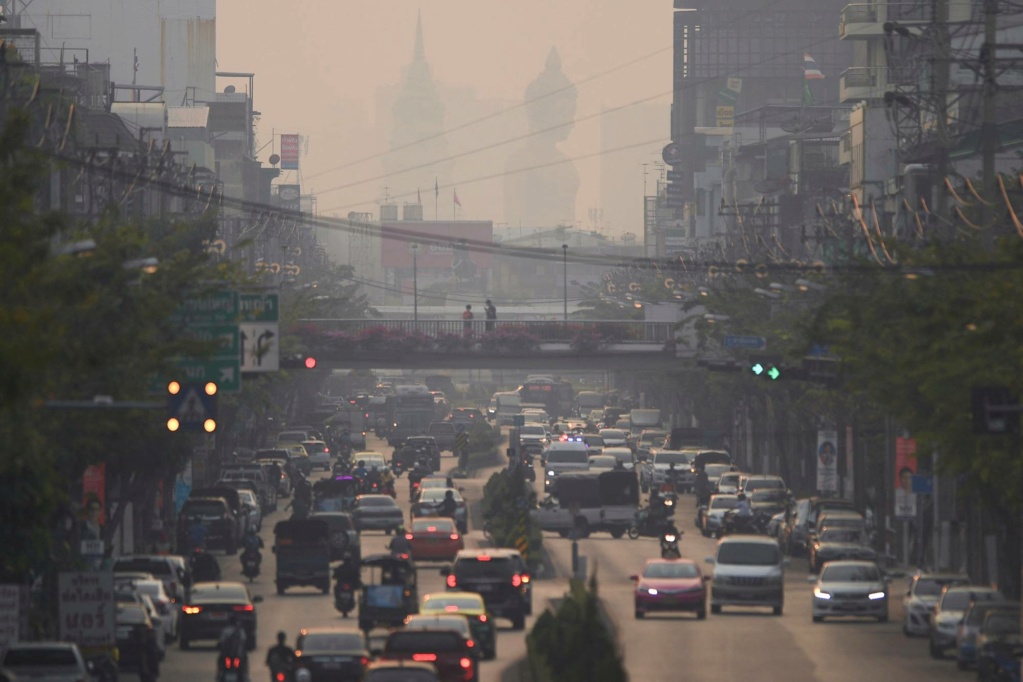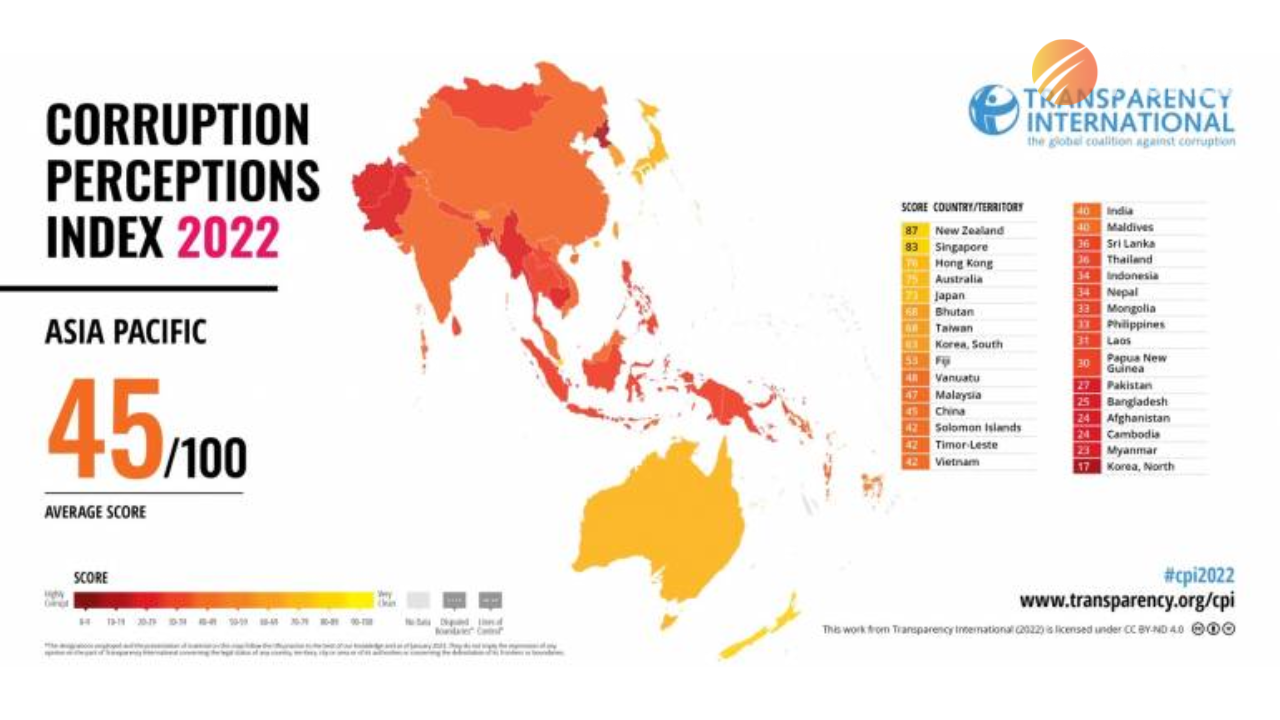Public Policy is a guideline set by a government to either act, or not act in order to resolve clusters of entangled and long-term problems to improve the quality of life of the people in the country and determine the direction of the country by using, for example, fiscal policy as policy instruments.
According to an article, there are 16 major issues in Thailand as shown below that can pose as long-term problems in Thailand and should be considered.
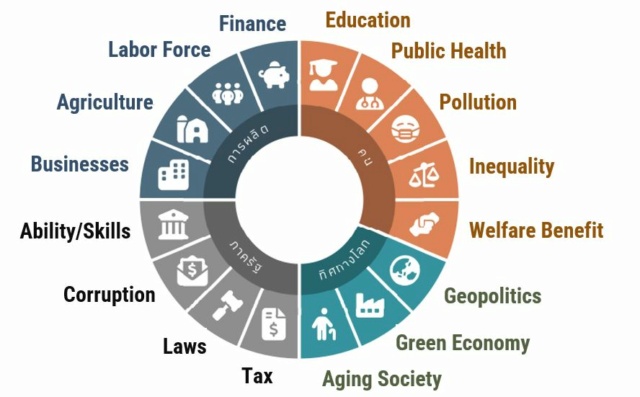
In your opinion, what could be a problem in these issues. Please explain one problem in any of the issues and support your explanation with data.
 Time limit: Until Sunday 10 December 2023.
Time limit: Until Sunday 10 December 2023.
 The discussion will be assessed according to the attached criteria.
The discussion will be assessed according to the attached criteria.
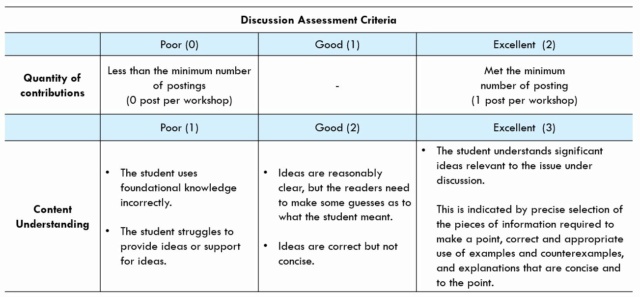
According to an article, there are 16 major issues in Thailand as shown below that can pose as long-term problems in Thailand and should be considered.

In your opinion, what could be a problem in these issues. Please explain one problem in any of the issues and support your explanation with data.
 Time limit: Until Sunday 10 December 2023.
Time limit: Until Sunday 10 December 2023. The discussion will be assessed according to the attached criteria.
The discussion will be assessed according to the attached criteria.

 Home
Home
